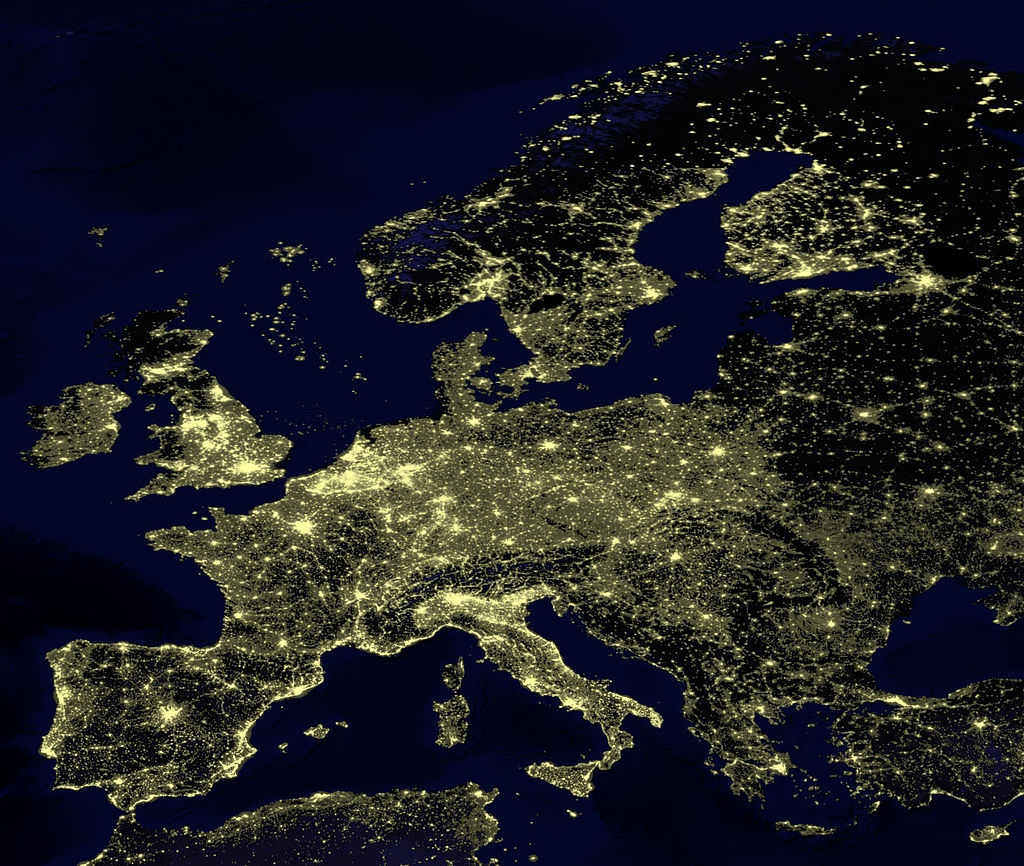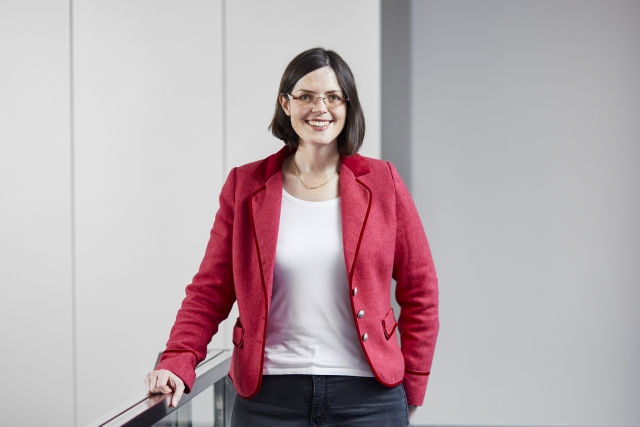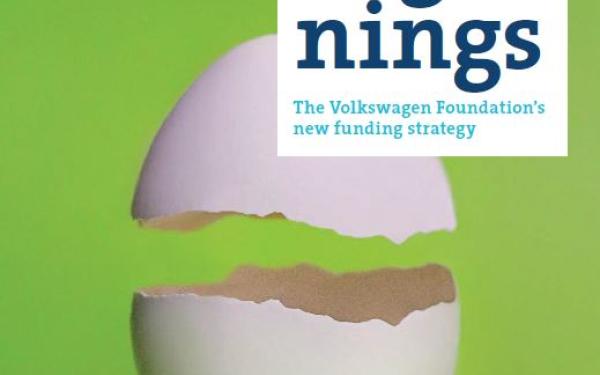
smolaw11 - stock.adobe.com
New funding offer: Aging Society in Europe
The "Challenges and Potentials for Europe" program gets a new focus. Funding manager Dr. Annabella Fick explains just what is changing and why.
Whether the issue is growing nationalism, climate change or migration and its consequences: The challenges facing Europe have multiplied in recent years, both within and from beyond the EU. In light of this, rather than leave the program thematically open as it has been so far, the Volkswagen Foundation has decided to concentrate the focus of the 'Challenges and Potentials for Europe' funding initiative (formerly 'Challenges for Europe') onto the possible repercussions of a specific development: Aging society. Dr. Annabella Fick is in charge of the program at the Foundation and explains the changes and why they have come about.
How does the program fit into the new funding strategy that the Foundation announced this year?
Fick: Launched in 2017, the funding initiative "Challenges and Potentials for Europe" will continue to fit very well into the revised funding strategy. It is just being fine-tuned and anchored in a new profile area with the title 'Societal Transformations'. What are the challenges facing Europe internally, but also in its interaction with other global players? What are the transformative crises that Europe will have to deal with? We see a real need for research here and want to encourage international research teams to investigate the issues raised.
As cross-border cooperation with multiple partners is never without risk, the funding initiative also underscores the Foundation's willingness to support risk-prone research. In this respect, however, we are able to exercise special precautions: As an independent foundation, we can ensure that projects with international participants take place with all the partners enjoying equal terms. With public third-party funding, this is not always the case.
July is the next application deadline for the funding offer. What are the biggest changes from the previous calls?
After three thematically open calls in 'Challenges for Europe', we have now decided to set a thematic focus: For the next round of funding, we explicitly want project proposals that address the topic of 'the greying continent' and the subsequent challenges and potentials this poses for Europe.
We expressly invite project proposals that shed light on the full breadth of the topic: These could be approaches that, for example, examine migration as a consequence of an aging society or lifelong learning. As before, the call for proposals is aimed primarily at the humanities, social sciences and cultural studies. But we would be happy if, in addition to these as umbrella sciences, the topics are addressed in an interdisciplinary way and, for example, are supplemented by expertise from computer science, technology, life sciences or natural sciences where this makes sense.

Europe by night
Why did the Foundation decide to focus on a specific topic this time?
This has to do first and foremost with the Foundation's new funding strategy. The call has been relocated in the profile area 'Societal Transformations', whereupon it makes sense to sharpen its profile and to focus clearly on the transformative research question. In discussions with experts, the newly defined topic of 'the greying continent' emerged as a particularly suitable focus.
Our experience from the first three calls for proposals reinforced this decision. Previously, we deliberately avoided a thematic focus – and the number of applications we received was correspondingly high, resulting in a very low approval rate. After this experience and also as a result of feedback from our reviewers, we now want to set a targeted focus and hope that everyone involved will benefit from this modification.
In light of growing populism, eroding democracy, or migrant inflows, other topics tend to more frequently dominate the debate in and around Europe. Why, of all things, did the Foundation settle on 'the greying continent'?
We settled on this choice because we deliberately wanted to address an emerging challenge, that has not yet impacted on the research landscape in Europe, but which in our eyes is potentially explosive and urgently needs to be addressed. And the applications submitted in the first three rounds clearly revealed that there is demand for the topic.
What remains the same with regard to the previous calls for proposals?
The European perspective remains particularly important for us: We have to think across national borders. In this context, we understand Europe in a geographical sense, not just in terms of the European Union. It is also important that the projects are future-oriented. Depending on the issue, non-academics can also be involved in projects. And science communication also remains an important point that we are keen to promote.

Program director Dr. Annabella Fick is in charge of the funding programme "Challenges and Potentials for Europe".
Are there any other changes within the program?
Yes. In addition to applications for the funding of large projects, it will also be possible in future to receive funding for a summer school on the thematic area 'Challenges and Potentials for Europe'. Here, however, it remains the case that applications can be open-topic without a prescribed focus.
What will happen to the funding offer after the deadline in July?
There will also be another call for proposals in 2022. Based on what happens this time round, we will decide whether it will again be on the topic of aging, on some other defined topic, or whether it will again be thematically open. We will critically observe how things work out this time round and first consult with the applicants as well as with the experts before deciding.


